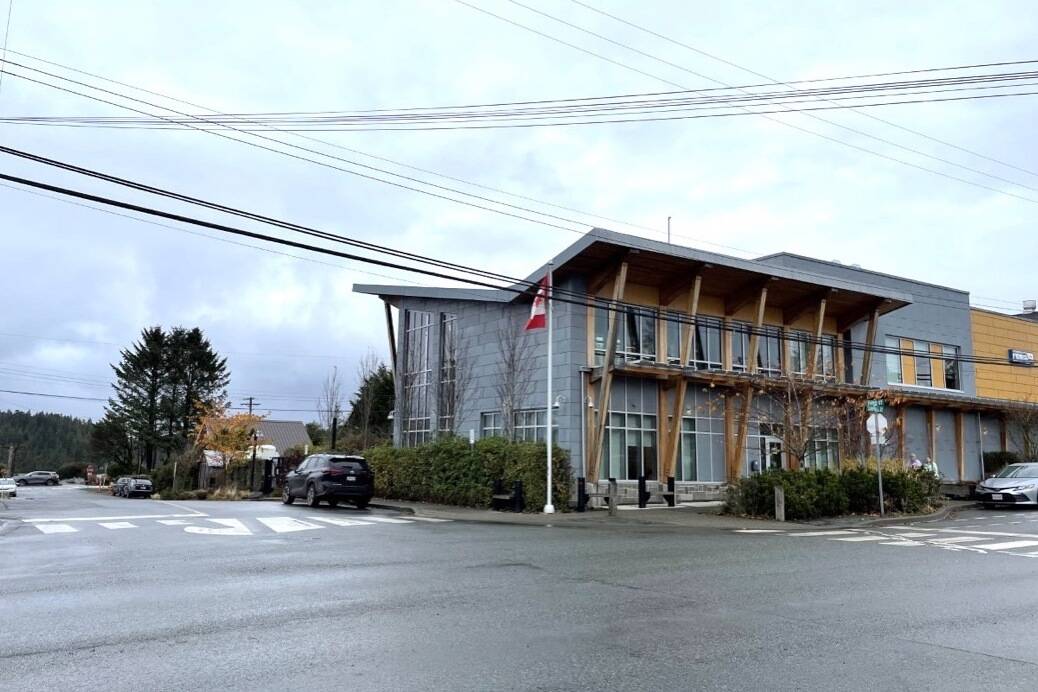A B.C. RCMP officer who shot and killed an Indigenous man while responding to a call for help near Tofino last year will not be charged, according the police watchdog tasked with reviewing the incident.
In a Nov. 16, 2022 bulletin, B.C.’s Independent Investigations Office (IIO) stated its probe into the death of Julian Jones, 28, of the Tla-o-qui-aht First Nation found “no reasonable grounds to believe that any officer committed an offence.” The matter will not be referred to Crown Counsel for consideration and is now closed.
“As a matter related to the incident is currently before the courts, the IIO is unable to provide further details regarding the incident or rationale for this decision at this time. I regret that the frustration this lack of information will cause is required to ensure a fair trial,” said Chief Civilian Director (CCD) Ronald J. MacDonald in the bulletin.
“However, I feel it necessary to advise the public, and in particular the family of the deceased and other involved parties, that this investigation has concluded in as timely a manner as possible.
According to a file released by the B.C. RCMP on Feb. 28, 2021, on about 9:30 p.m. on Feb. 27, 2021, two officers from Tofino RCMP attended an residence in Opitsaht on Meares Island in response to a call about a woman in distress. When they arrived, an interaction took place. One man was shot and another taken into custody.
“Once the court process concludes, I and my investigative team will ensure we are available to meet with the affected person’s family and community members to review the investigation and to answer questions,” MacDonald said.
The case marked the first time in history an Indigenous Civilian Monitor was appointed to look over the report by B.C.’s police watchdog.
“I have no recommendations for the integrity of the investigation (involving the shooting death of Jones); the investigation was carried out with excellent procedure. I do not see that anyone else needs to be spoken to in order to complete this file. The interviews and evidence collected were fulsome. I am content with the way the IIO conducted the investigation,” said Thomas George, a member of the Tla-o-qui-aht First Nation, in an Aug. 2 IIO bulletin.
George’s full report will be published once the ongoing court proceedings have concluded later in 2023, according to Macdonald.
Meanwhile, the region’s Nuu-chah-nulth Tribal Council (NTC) says members are “disillusioned and frustrated” that once again, a cop has killed a First Nations person without consequences.
The death of Jones came less than two years after the fatal high-profile shooting of Tla-o-qui-aht mom Chantal Moore in New Brunswick during a police wellness check. Officer Jeremy Son, the New Brunswick police officer who shot and killed Moore, was cleared of any wrongdoing and was able to resume his duties as a patrol officer.
“There is always hope that the system will bring justice for a person killed by police, but the reality never lives up to this hope as the system is stacked against us,” reads a Nov. 16 NTC media release.
“The pattern of unaccountability and injustice for Indigenous victims of police violence, their families, and their communities is reprehensible. It underscores the fact that policing oversight is broken. It begs the question, how can we count on colonial oversight bodies, including the IIO, to hold police accountable when they continue to do the exact opposite?” said NTC President Judith Sayers in a Nov. 21 press release.
“We cannot stand by and watch more of our people be shot by police. Changes must happen now! How would you feel if one of your family members were shot by police and there were no consequences for that shooting and killing?”
The NTC is asking the RCMP and other police forces to:
1. Train their officers to disarm as opposed to freely shooting any way officers feel is needed.
2. More effective training on de-escalation of situations so no shooting is necessary
3. Independent Investigative Office be changed to be more reflective and inclusive of First Nations in their process.
4. Setting up an alternate system to 911 for wellness checks where trauma informed people respond as opposed to police.
5. Body cams in every police station for their officers.
6. Greater communication and protocols with First Nations
nora.omalley@westerlynews.ca
Like us on Facebook and follow us on Twitter.

